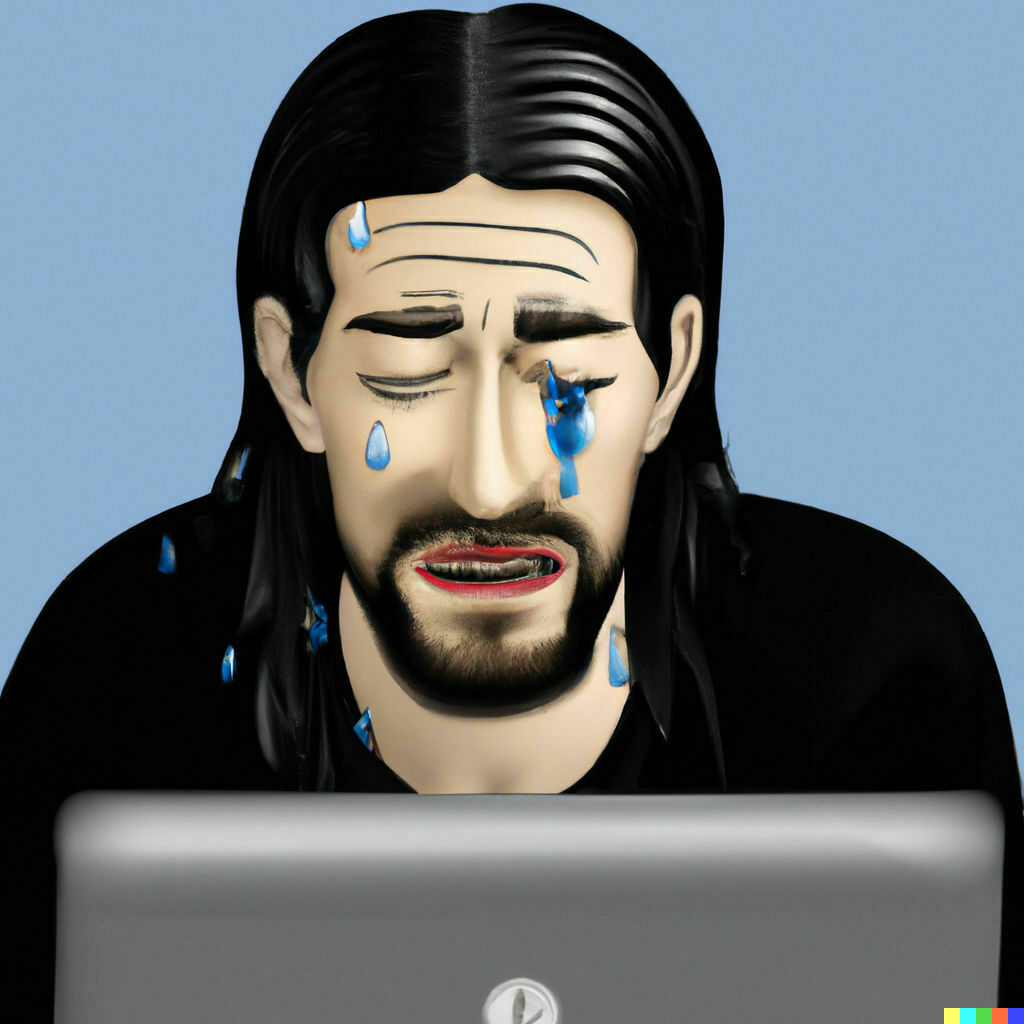There’s a lot of talk out there about AI and the future of this, that and the other. The opinions range from creative work is doomed, to “no, this is fine” and many more somewhere between. I am sure you’ve read loads of hot takes – well, here’s mine, and it’s a bit different from most.
I am a creative worker. I run design, marketing, and content for a business and I have been doing it a long time. I’ve seen things come and go, trends grow and fade. The use of AI in, well, absolutely everything, feels different. There’s a reason people are both fascinated and terrified at the same time because this really will be a drastic change. I feel as if we are seeing the next phase of technology evolve before our eyes, and there is a lot to look forward too.
There are some logical fears as well. A genuine worry that platforms like GPT will remove the need for writers, reporters, and even artists. That individuals who have spent years learning their crafts are going to see their job opportunities disappear overnight. The reality is that we are still a very long way from that, but there is a cause for concern.
Undoubtably, some organisations will replace their creative workers with AI. Those are the organisations that are not in their field for the good of the world, just to turn a profit. A bot has been able to cobble together a blog post, or a factual news article for a long while, albeit with a lot of oversight and correction, but as technology improves so too will the output. Those that straight away lean on these tools are not the type of organisation you want to be working for anyway.

Those that view a person with experience as expendable, to be replaced by code, are using you as a tool already. They are simply upgrading their tools to the newest available, like a business would anything else it owned. Thankfully, they are still going to need people to do the work for them. There will become a whole market for those that can interact with the AI to create the best possible outcome – and that will be the new creative market worker.
By using the experience from creating, the new creative worker will learn to use AI to make their job easier, rather than resit and lose their job entirely. Crafting prompts and detailed instructions for the AI, putting them together and checking them over afterwards. You may be getting Midjourney to illustrate the hero image of a blog post about Twitters new crisis, written by the latest iteration of ChatGPT. Tweaking the prompt and output as you go to reflect the tone you require and elicit the correct emotional response.
You might be the editor of an online magazine that is prompted to cover a specific company because the traffic would spike. Or an SEO consultant that can use AI to scan a website and improve its ranking based on data from all the readers from the last year. Whatever it may be, you will rely on AI, so embrace it now. There will be reduced need for workers, there’s no getting around this, but those that skill up will become the new full-stack developer unicorn.
Sure, anyone can type into a prompt box and get results. Anyone can search Google and find what they are looking for. It is the next step that yields better results. Knowing the keywords and short codes that will find exactly what you require in a faster time. The new creative will be one that speaks to a developed AI instead of a dumb algorithm.
Charlie Warzel mentioned in his excellent piece yesterday that there is already a growing market for those individuals that can coax the very best results from the AI tools available. Being able to sell your understanding and ‘speak’ to the AI tools available is already a viable income. Like the jump from film, to digital and then into the Photoshop era pissed off photographers who didn’t evolve, so too will AI if you’re not onboard.